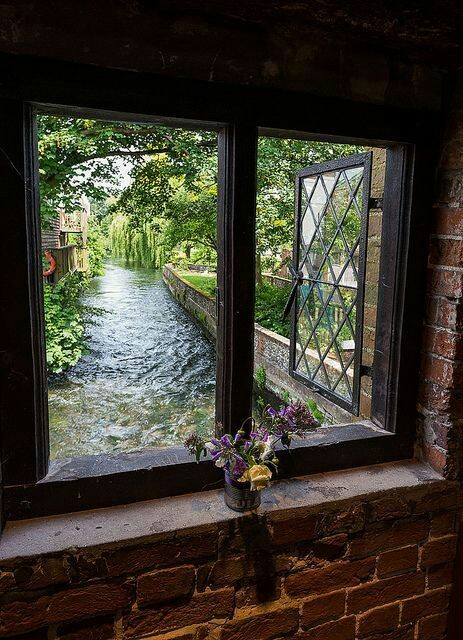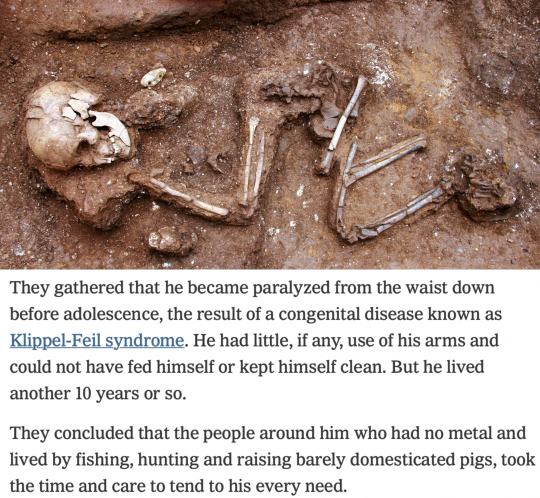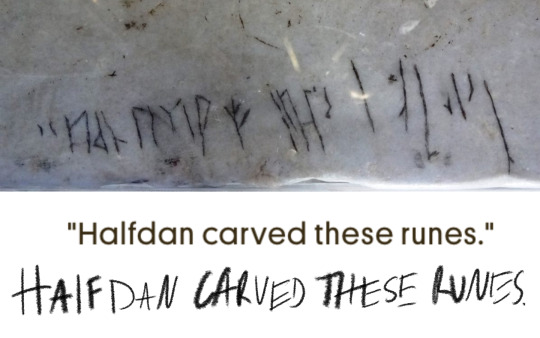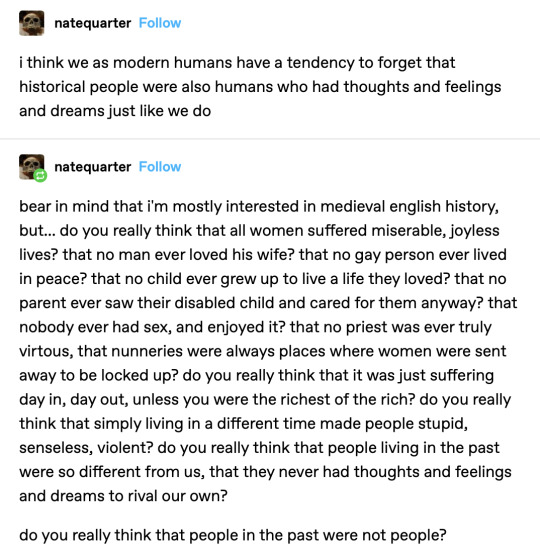Text
youtube
#Youtube#sally pointer#many excellent base-skills#neolithic#crafts#a lot of these so-called ancient techniques just stuck around at least until the industrial revolution
0 notes
Text
youtube
#Youtube#Eugenio Monesma#spanish language#The past didn't only happen in england#Documentary series#chestnuts
0 notes
Text
youtube
0 notes
Text
The Quality of Things
I have already mentioned that I like some of the inventions/products of the past century or so, and I dislike others.
Part of that is remembering what those new products/innovations replaced, and whether the product launch succeeded because they actually worked better, because they had a lower upfront cost, or just because they were marketed better, like tar-paper roofing.
I mean seriously, that used to be a sign of poverty, but there are now mega rich people who happily buy tar-paper shingle roofs (with a little artful crushed gravel stuck on for color).
My top four favorite things popularized in the past century or two are:
Washers (for laundry)
Vaccines
Hot Showers
Dishwashers
Honorable mention: Trains
My least favorite innovations/products are:
Fossil fuels
Polyester used for clothing
Hydrogenated oils in food
High fructose corn syrup
Particle board
(Things like DDT, Roundup, and Forever Chemicals in nonstick cookware have already been publicly debunked as harmful, so I won't be giving a full list of those)
Some things have their place in the global market, but are lower quality than the product they replaced, or got over-used in a problematic way:
Cotton (water intensive to grow, inferior structural properties to linen)
Rayon (highly flammable, but very recyclable)
Concrete (CO2 intensive, prone to cracking rather then settling/re-sealing over time)
Chemical fertilizers (disastrously over-used, replaced traditional farming methods in conjunction with colonial practices)
Antibiotics (Amazing, but also disastrously over-used)
-
This list evolves over time.
At one point, I'm pretty sure 'sugar of lead' was on it.
The point is to keep a sort of backup disc to counteract the loss of materiel knowledge when a well-marketed but inferior or dangerous product takes over for a generation of two.
-You think 'moisture wicking technology' is reserved for synthetic fabrics, try Linen.
0 notes
Text
I don't know what this old man had going on mentally, but he may well have... remembered the past too well to really focus on the present time he lived in.
That's a problem, and I've spoken of it once before.
It IS possible to get lost or disproportionately distracted by what you remember, and since the symbols you have to express or represent what you remember come from the knowledge of the time in which you currently live, it's very easy to start looking nuts, or like you're faking remembering for some mental health reason.
On the other hand, remembering why you have hangups about things may help you let go of them, like a present fear of water being caused by having drowned in 1910, etc.
Different people seem to have a different ability to balance what they remember with the present.
In my own experience, Keep the Lifehacks, lose the Nostalgia.
1 note
·
View note
Text

1 note
·
View note
Text
"I think a lot of my work is dealing with the gravity of agnosticism— of saying 'I don't know', of staring into the endless cosmic void and standing bravely before it."
— Chuck Tingle, Chuck Tingle and Riding the Lonesome Train, Talking Scared podcast
2K notes
·
View notes
Text
I will never get over how pleasing it is to run a machine so that it is possible to wash dishes or clothes, yet at the same time be doing nothing.
0 notes
Text

How to say you remember the past, without saying you remember the past.
(From the video How do you use a medieval PEASANT HANDCART?, with Jason Kingsley.)
0 notes
Photo
Looks like the past, made of parts from the more recent 1900's.

#It's surprising how often one sees that#people reassembling things that look or just feel right#like a child playing knights vs monsters with a stuffed animal and a lego firefighters set.
7K notes
·
View notes
Text
Judge a civilization by it’s toilets, and by whether it allows immigrants to become equal citizens.
0 notes
Text
ROME
I don't think people in modern times understand what the Roman empire was.
There's been a lot of classical revival fanboying, idolizing and vilification of the emperors and generals of the time, and admiration of the architecture they left all over the landscape of Europe, but…
Literally most of Western history is just, 'what we did after the Roman Empire fell-', and bragging about who lost least, culturally copied them best, and who rebuilt what technology first.
There are several large elephants in that room.
The first is, technology isn't equivalent across cultures. The Romans made advances in concrete and building tech that have only been unraveled in the past twenty years, let alone the past two hundred. Did they have Gatling guns or iPhones? No, they did not. Did they have factories, in the early 18th century sense? Yes, they actually did.
The second elephant is, the Roman citizens were no more noble or wise than other people, they were just sitting on a bigger information pile. There were genocides. There was cultural erasure of conquered provinces, complete with the proliferation of Roman-sounding names. There was entrenched sexism, with long habit and the behavior of certain gods to justify it. There was a massive brothel industry, staffed by far too high a proportion of slaves. I could go on, here.
The third elephant is the effect of major plagues on the keeping of records. Granted, competing religions and politics love to destroy information too, but imagine the effect on aggregate knowledge and the maintenance of libraries of losing 1/5 to 3/5 of your population within a single generation. Especially when those WITH that knowledge became unpopular, for having pissed off the gods, been powerless to stop the plague's spread, used the death toll to reap some extra inheritance taxes just when the people needed a break, etc.
The plague of Justinian (541–549), and later the Black Death (1346-1353) were truly devastating.
Three percent of your population dies? That's a bad winter. It makes people sad, but it's not going to make major changes to a civilization.
Thirty to sixty percent of your population dies? That's an actual Plague, and if you lose that many scholars, farmers, and craftsmen at once, you may genuinely lose some centuries of history and a tech level or two.
The fourth elephant is that technology, in the sense of both technical skill and civic/philosophical ideas, is not an unbroken upwards curve the way western education teaches in school. It's a far more nuanced thing, with multiple graphs for healthcare, architecture, weapons, communication speed, education,etc. Even when considered as a graph of technology in the 'progress!' sense, there are occasional dips, flats and peaks.
'But that's all in the past, we've never had technology this advanced before-'
Do you know how to build a laptop computer? A landline telephone? An internal combustion engine? A printing press? A washing machine? Even a bicycle?
Do you really?
This is why technology's not an unbroken upwards curve.
It's like a beach-ball, you have to keep bopping it up into the air by teaching others and writing things down, or it's going to fall. Again.
What was Rome, really?
Rome was an idea, a dream. A huge social machine that unified, communicated ideas, built, protected, and ground people between it's gears without a backwards glance. And dammit for a good long while it worked. I hated some parts of it, even at the time… but I have to admit it was far better than many of the systems that followed it.
Judge a civilization by it's toilets, and by whether it allows immigrants to become equal citizens.
1 note
·
View note
Text
People have always been like this.




























I have a folder called Time is a Flat Circle in which I collect evidence of humanity. Here is most of them.
134K notes
·
View notes
Text
Guédelon Castle update: still building, new younger people joined, and some of their stonemasons got emergency-headhunted for the Notre Dame Cathedral reconstruction.
21 notes
·
View notes
Text
youtube
There's a reason there are so many small dogs on medieval manuscripts as well as the fancy hunting dog kind.
The little dishrags were USEFUL.
Got a field beset with rabbits or crows eating your barleycorn? Leave it to Mister Waggins, he'll run around and bark at them all day.
Rats in the hay in the cow barn? Spotsbitche has got you covered.
Hedgecreeper trying your doorhandle in the dead of night looking for things to steal? Floppy Tom will let you know.
All hail the humble yap-rat.
...You just have to remember what they were bred to DO.
4 notes
·
View notes
